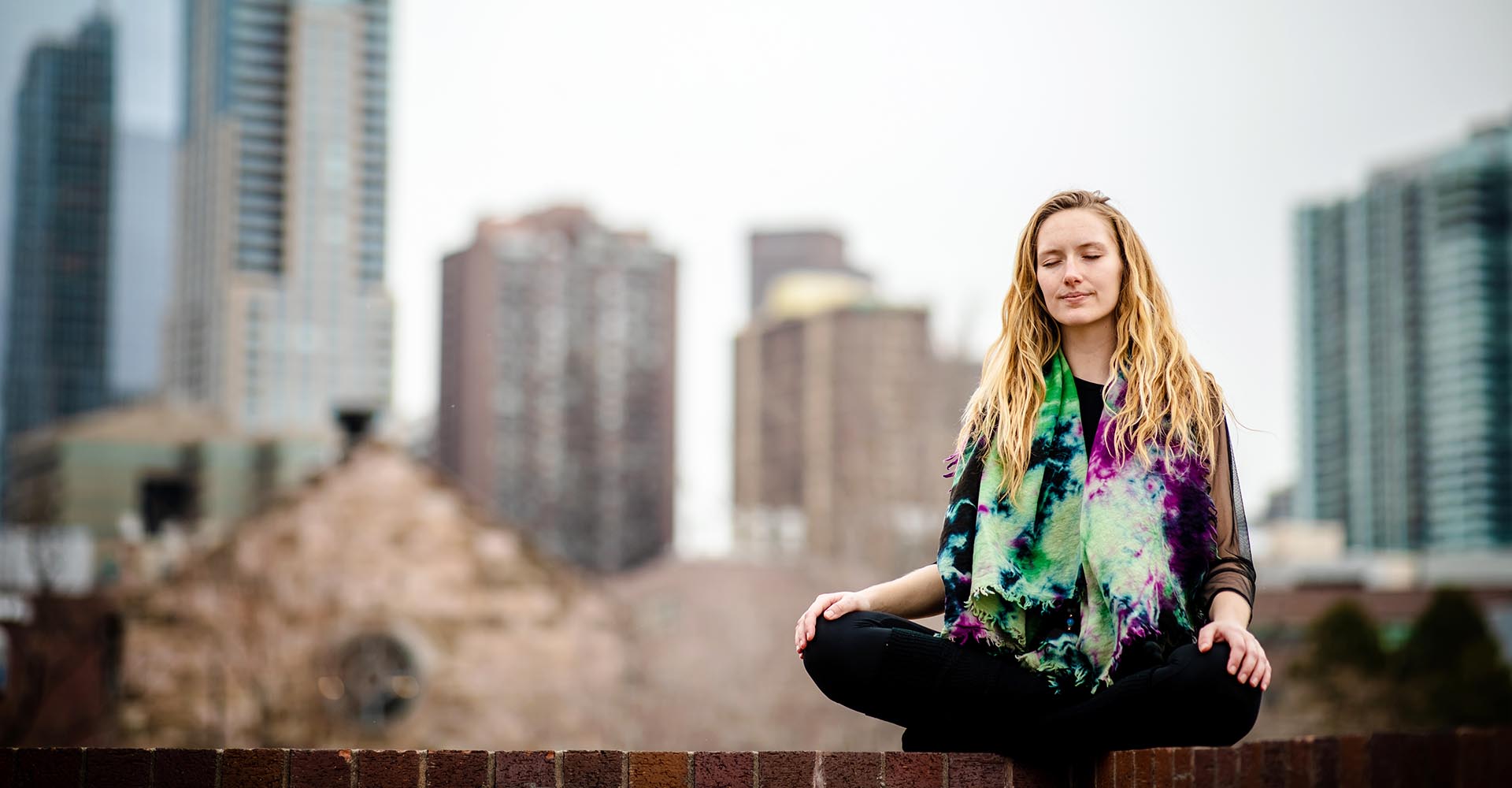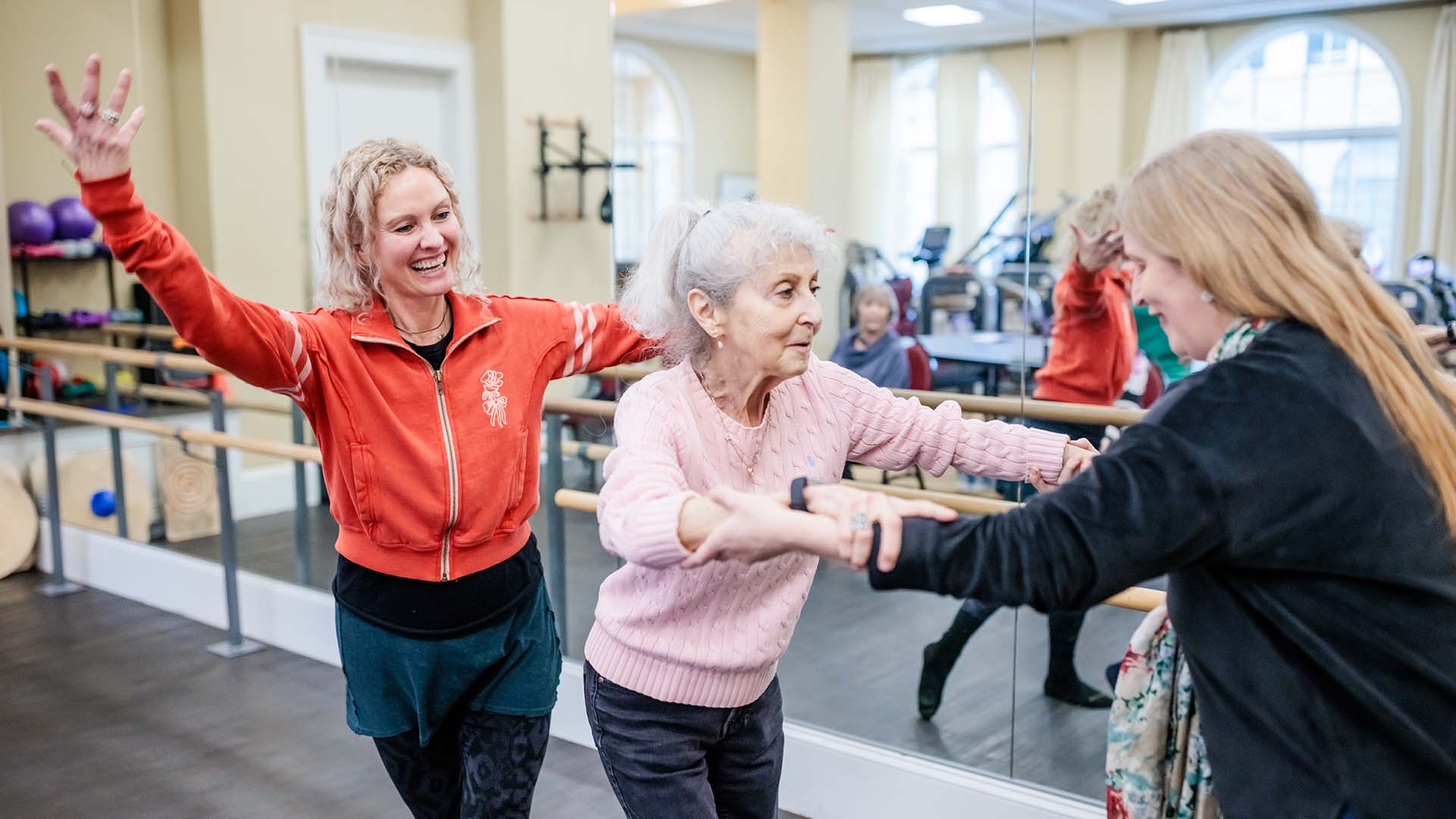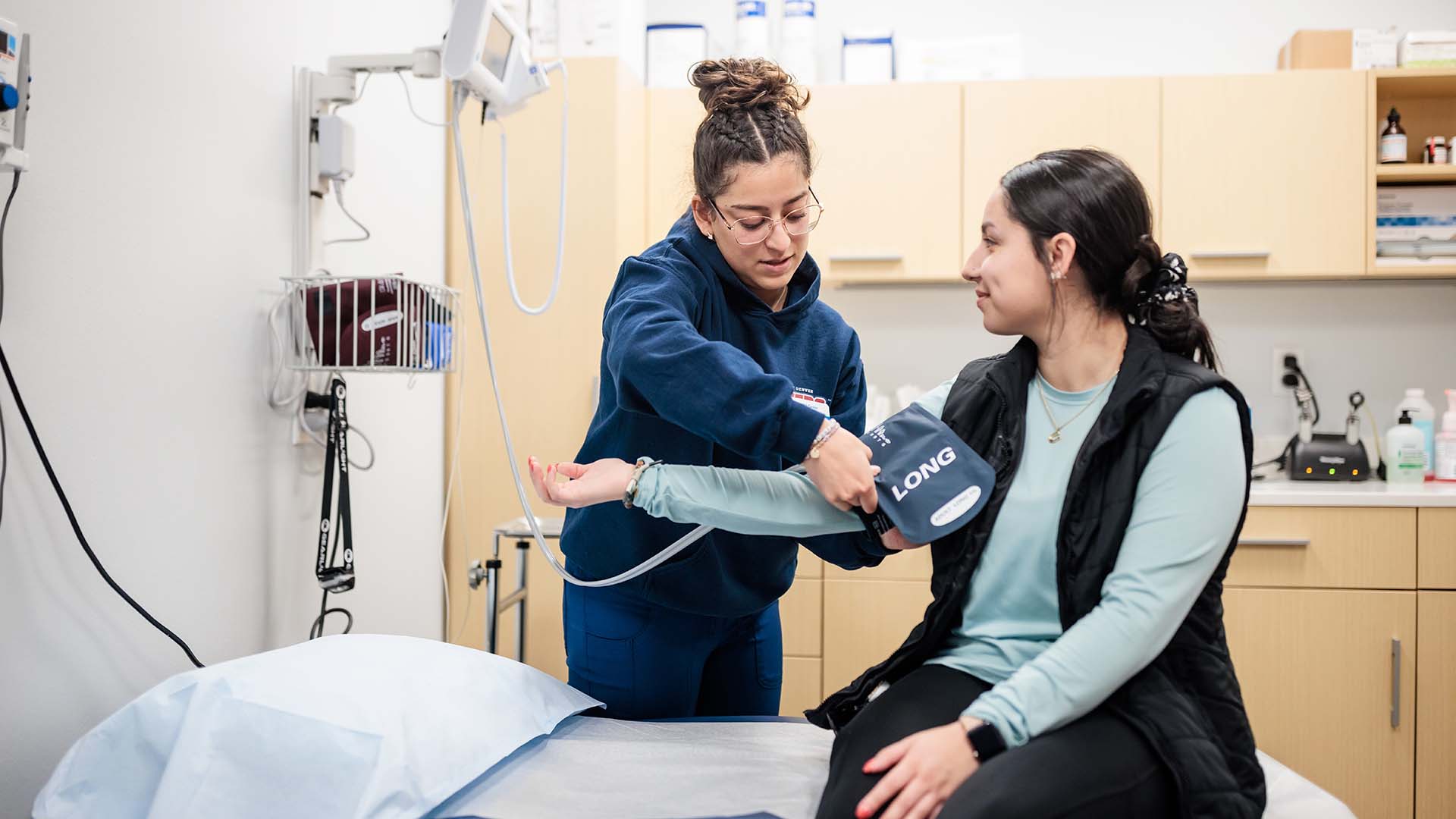10 ways to reduce stress and anxiety
Psychologist Gail Bruce-Sanford offers practical tips for keeping stress and anxiety at bay.

The COVID-19 pandemic, political polarization amplified by the 2020 presidential election, an economy in recession, racial tensions, wildfires – there’s certainly no shortage of reasons to feel stressed and anxious these days.
“Anxiety levels are definitely on the rise as people grapple with social restrictions and related uncertainties about COVID-19,” said Gail Bruce-Sanford, Ph.D., M.Ed., executive director of Metropolitan State University of Denver’s Counseling Center.
The good news, Bruce-Sanford said, is that there are tools and strategies readily available to help prevent anxiety and reduce any symptoms that may arise.
Her first tip: Adopt a daily routine or structure that includes physical exercise, relaxation strategies, adequate and quality sleep, a healthy diet and some social connectedness.
Resources for your anxietyMSU Denver students experiencing anxiety can call the Counseling Center at 303-615-9988 or the Health Center at Auraria at 303-615-9999. “Both are staffed with mental-health practitioners who can assess an individual’s situation and make recommendations for either psychotherapy and/or psychotropic medications if needed,” Bruce-Sanford said. Coloradans can also call the state’s 24/7/365 crisis line at 1-844-493-8255; all calls are connected to a mental-health professional.
|
|
“Spend time with those who can help reinforce your strengths and help dispel some of the self-defeating thoughts and behaviors,” she said.
Here are nine more tips Bruce-Sanford recommends using to quell anxiety.
Take a timeout
Practice yoga, listen to music, meditate, get a massage or learn relaxation techniques. Stepping back from the problem helps clear your head.
Avoid aiming for perfection
Instead of aiming for perfection, which isn’t possible to attain, just focus on doing the best you can. And then be proud of your effort.
Get social
Get involved. Volunteer or find another way to be active in your community, which creates a support network and gives you a break from everyday stress.
Know what you can control
Accept that you can’t control everything. Instead, focus on what you can control. Put your stress in perspective: Is it really as bad as you think?
Breathe
Practice taking deep breaths from your belly. Inhale and exhale slowly. Count to 10 slowly. Repeat and count to 20 if necessary.
Limit alcohol and caffeine
Alcohol and caffeine can aggravate anxiety and trigger panic attacks.
Learn what triggers your anxiety
Take an inventory of what may be triggering your anxiety. Is it work? Family? School? Or something else? Write in a journal when you’re feeling stressed or anxious and look for a pattern.
Welcome humor
A good laugh goes a long way.
Seek treatment if you don’t feel better
If you’re having trouble following through with work, school or social commitments, it’s time to seek treatment from a physician or therapist for professional help.







